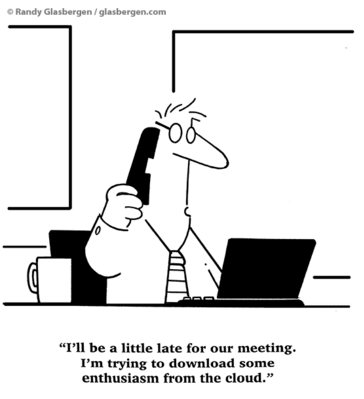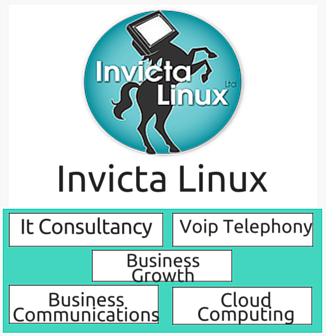What is the cloud, exactly?
Cloud computing is a pretty foggy subject, especially with regard to business and the on-again-off-again relationship we have with our data.
For the sake of mutual understanding, we’ll keep the definition of cloud simple: cloud computing means storing and accessing data and programs over the Internet.
Most cloud providers hold data via a server which allows internet based access to files. Some examples of cloud systems are Dropbox and ownCloud. With Dropbox and ownCloud, users can upload files to their cloud and as long as they have access to the internet, they can then download those files. It is considered safer than relying on USB drives or CDs, which tend to break or corrupt easily.
Cloud computing has existed conceptually for decades, but the limitations of bandwidth meant that it couldn’t function effectively until much later. It wasn’t until 1999 that Salesforce delivered their application via their website. In the next decade Amazon, Dropbox, Google and Apple began to offer browser-based applications for both the business and domestic market.
There are 3 forms of recognised Cloud
- Public Cloud: data is stored via external servers, though it is often unknown where the servers are located. Public cloud services include Gmail, Office 365 or Dropbox.
- Private Cloud: maintained on a private network and offers the greatest level of security and control. Data is stored on an internal server and can only be accessed by authorised users.
- Hybrid Cloud: a mixture of both public and private, allowing public access, but with internal or protected servers.
Cloud technologies offer more flexibility to businesses than other network solutions.
You can access files from anywhere; share and collaborate with clients and colleagues. Bearing that in mind, there are still a few concerns with the cloud that need to be understood.
- Security: there are a myriad of security issues with public cloud and many people continue to use it because the services are often ‘free’. These services are not recommended for business use, as the cost of losing data is significantly higher than paying for a private cloud service.
- Storage: if you use a cloud provider and they go bust, or if you wish to no longer use their services, you may find yourself in a tricky situation. They store your data and if for any reason they are unable to return it to you, you might end up losing it for good.
- Ownership: many Public cloud services do not openly disclose who the data belongs to, or the laws regarding the privacy of that data. Basically, you cannot choose who has access to your data, because once it is uploaded, it is no longer under your control.
- Access: public cloud service providers must be willing to share information with third parties when required by law. Companies including Microsoft and Apple have both lost law suits to protect user data, with the American government in a position where it can look at user data wherever it is kept. This is increasingly problematic for companies that deal with sensitive information or patient/customer data.
- Loss: free cloud services such as Dropbox often cannot take responsibility for data loss. Millions of users have been hacked, lost their data, or worse, due to a lack of security in place to protect users.
How do these factors affect your business?
Using the wrong cloud service can potentially compromise the privacy and protection of a company’s data. Data ownership and loss is a huge issue to businesses, costing the UK industry alone up to £34bn a year
We have compiled a list of questions for you to consider before choosing a cloud provider:
- Where is my data kept?
- How easily can I transfer my applications and data to another cloud solution?
- How do I get my data back – and are copies of it kept when I have taken it?
- Is there a backup and disaster recovery system in place to protect my data?
- Who owns the hardware that my data is stored on?
- Is there a minimum contract period?
Investing in a private, on-premise cloud solution will help eliminate many of the issues listed and allow you the flexibility and functionality of a public cloud.
If you are a business with more than five people, or deal with large data, you should consider investing in a Private Cloud. You can enjoy the benefits of the cloud without the security issues involved, for less than you might imagine. If you want to know more about cloud computing and how it can affect you, give us a call.
Invicta Linux Ltd provides hardware, software, installation and staff training to ensure that your business can move into the future of computing without risking your data. If you would like to know more or have any questions, just call us on 0330 2020 139, or email info@invictalinux.co.uk
